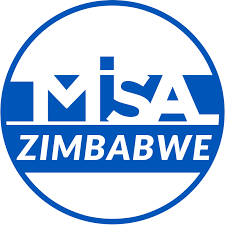A two-day seminar recently took place in Bulawayo, Zimbabwe. The Media Institute of Southern Africa (MISA) Zimbabwe highlighted the problem of misinformation and disinformation.
Buhlebenkosi Tshabangu-Moyo, the Project Coordinator, spoke out. She emphasized MISA’s dedication to accurate news. “False information affects both integrity and public health,” she said.
According to a report by NewsDay, she elaborated that MISA Zimbabwe’s current, sharply focused initiative focuses on tackling various types of information disorders, including misinformation, disinformation, and mal-information, that have become rampant in recent years.
Various attendees joined the seminar. There were journalists, academics, and politicians. Advocates from civil societies were present, too. Some had disabilities. The event’s goal was to evaluate the media during elections. It aimed to identify areas for improvement.
“This Bulawayo workshop is key to our efforts,” Tshabangu-Moyo said. MISA Zimbabwe is offering more training. The focus is on investigative journalism and digital security.
The seminar revealed a key insight. The public distrusts many news sources. Many cross-check news for accuracy.
“Our goal is a trustworthy media landscape,” Tshabangu-Moyo emphasized.
Social media platforms have two sides. They can help journalism but also spread fake news. Platforms like WhatsApp are major culprits.
Fake news can undermine democracy and journalistic credibility. “Upholding ethical standards is not a choice; it’s a must,” Tshabangu-Moyo concluded. She remains optimistic about the media’s future. She stressed the need for joint efforts by MISA Zimbabwe, media houses, and the media community.


